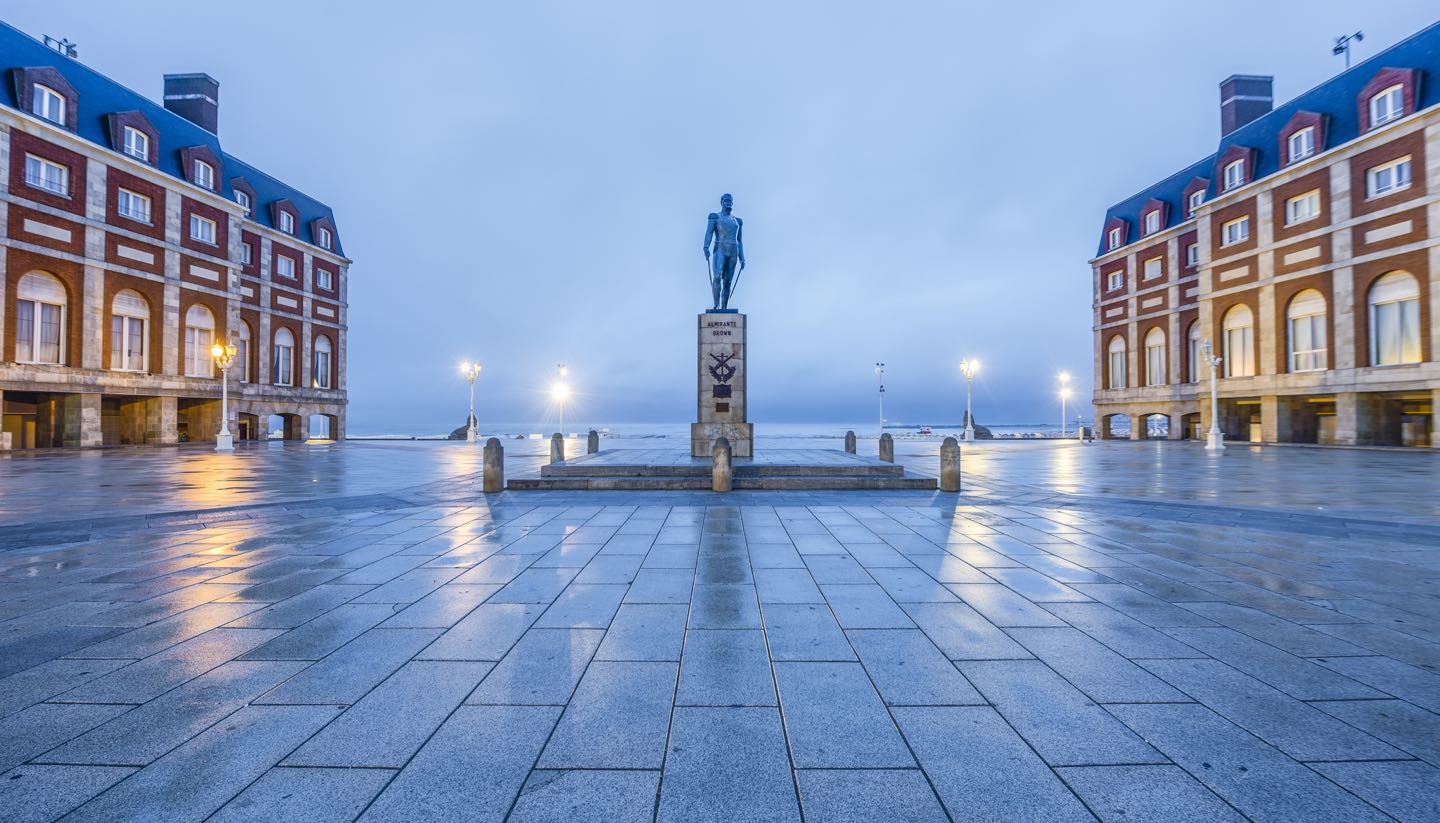Argentina History, Language and Culture
History of Argentina
Argentina's history is a story of indigenous cultures, colonial conquests, and political transformations. Before the arrival of the Spanish in the 16th century, the region was home to diverse indigenous groups, including the Mapuche, Guarani, and Inca in the northwest. Spanish colonisation began in 1536 with the founding of Buenos Aires, though it wasn't until 1580 that the city was permanently established.
In 1816, Argentina declared its independence from Spain, led by figures like José de San Martín, a national hero. The 19th century was marked by conflicts between federalists and unitarians, shaping the nation's political landscape. The late 1800s saw waves of European immigrants, particularly from Italy and Spain, influencing the country's culture and architecture.
The 20th century brought political upheaval with the rise of Juan Domingo Perón, a three-time President of Argentina between 1946 to 1955. Perón was known for his populist policies, the creation of Peronism, and his focus on social welfare, workers' rights, and the expansion of social programmes, many of which were championed by his charismatic wife, Eva "Evita" Perón, whose legacy remains influential.
In the later part of the 20th century, Argentina also endured a military dictatorship from 1976 to 1983, during which thousands of Argentines disappeared in the Dirty War. Democracy was restored in 1983, and since then, Argentina has navigated economic challenges, including hyperinflation and debt crises, while maintaining its rich cultural heritage and strong national identity.
Did you know?
• In 2010, Argentina became the first country in South America to legalise same-sex marriage.
• Nobel Prize-winning author Jorge Luis Borges famously compared the Falklands War to "two bald men fighting over a comb".
• Lionel Messi and Ernesto "Che" Guevara were born in the same Argentinian city, Rosario.
Argentina Culture
Religion in Argentina
Roman Catholic (62.9%), Protestant (15.3%), Atheist (18.9%), Others (1.2%).
Social Conventions in Argentina
Argentines are known for their warmth, hospitality, and friendly nature. Greetings typically involve a kiss on the cheek, even between men and women, particularly in social settings. A simple "Hola" (Hello) or "¿Cómo estás?" (How are you?) is common when meeting someone.
Punctuality is often more relaxed than in many Western countries, with a "fashionably late" approach to social gatherings. However, punctuality is still appreciated in business settings.
When invited to someone's home, it is polite to bring a small gift, such as wine, chocolates, or flowers. Avoid giving purple or yellow flowers, as these are associated with funerals.
Dining etiquette is fairly relaxed, but it is considered polite to wait until everyone is served before starting your meal. When cheersing with drinks, maintain eye contact and say "Salud!".
Queuing in Argentina can be less orderly than in some European countries, with a more relaxed approach to forming lines. On the Subte (underground), it is common for passengers to continue boarding until the platform is empty, leading to crowded conditions. During rush hours, this can result in packed carriages where personal space is a luxury.
Tipping (propina) is customary in Argentina, but the amount varies depending on the service:
• Restaurants: A 10% tip is generally appreciated, as service charges are not typically included in the bill. It is customary to leave the tip in cash, even if paying by card.
• Taxis: Tipping taxi drivers is not expected, but rounding up the fare or leaving small change is common.
• Hotels: Porters appreciate AR$100-200 per bag, and housekeeping staff can be tipped AR$200-500 per day.
• Tour Guides: A tip of 10% of the tour cost or AR$1,000-2,000 per person, depending on the length and quality of the tour, is customary.
• Other Services: For hairdressers, spa staff, or parking attendants, a small tip or rounding up the bill is polite.
Language in Argentina
The official language of Argentina is Spanish, but the Argentine dialect (Español Rioplatense) has its own distinctive accent and vocabulary, heavily influenced by Italian. Locals often use "vos" instead of "tú" for informal "you", and the "ll" and "y" sounds are pronounced with a "sh" or "zh" sound, giving Argentine Spanish a unique flavour.
English is widely spoken in tourist areas, major cities, and by younger generations, particularly in Buenos Aires.
Additionally, Argentina has a rich linguistic heritage, with indigenous languages such as Quechua, Mapudungun, and Guarani still spoken in certain regions. The country also has immigrant communities that maintain their native languages, including Italian and German, particularly in Patagonia.
Phrases
Hello: Hola
Good morning: Buenos días
Good afternoon: Buenas tardes
Good evening/night: Buenas noches
Goodbye: Adiós / Chau
Please: Por favor
Thank you: Gracias
You're welcome: De nada
Excuse me (to get attention): Disculpe
Excuse me (to pass by): Permiso
Sorry: Perdón
Yes / No: Sí / No
Where is...?: ¿Dónde está...?
How much does it cost?: ¿Cuánto cuesta?
I would like...: Quisiera...


